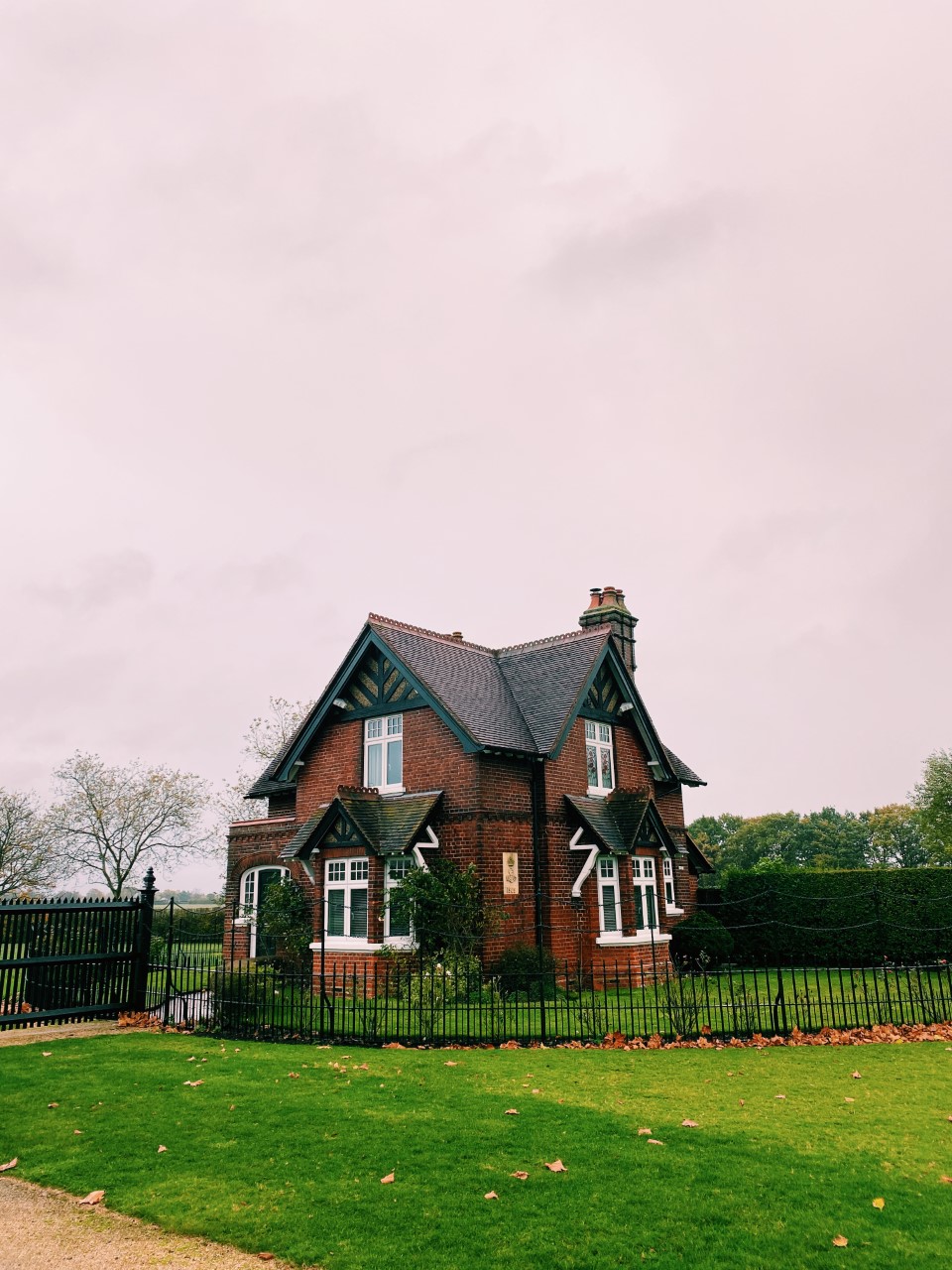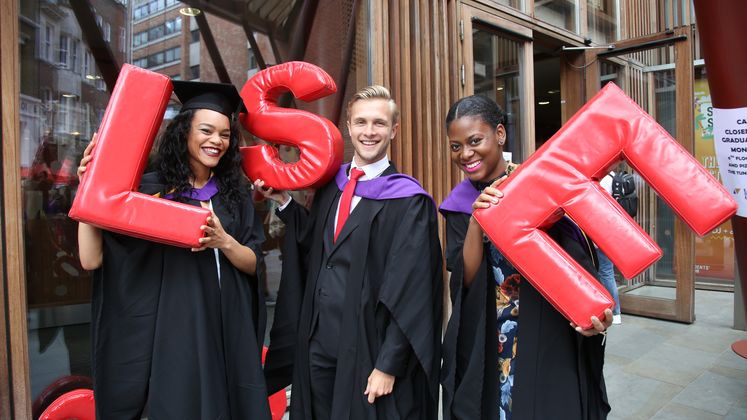The Department of International Development at LSE is one of the biggest in the School. It offers four taught MSc programmes (Development Studies, Development Management, Health and International Development, and International Development and Humanitarian Emergencies) and a PhD programme. These are the main reasons why I decided to join the ID department at LSE.
Multidisciplinary
International Development is multidisciplinary by nature, as it seeks to understand why some countries succeed and others fail. In this department, you´ll find professors from all different backgrounds, including Economics, Political Science, Political Economy, Sociology, Anthropology and International Relations. Students come from a wide variety of academic backgrounds as well. I have friends that are engineers, doctors, psychologists, investment bankers and lawyers. We are all in different stages in our careers. Some people in the programme do not have any work experience at all, whereas some people have worked for more than a decade. Some of us already have experience in the International Development field, and some other people are willing to make a complete shift in their careers by studying a program in the ID Department. What unites us is our interest in development.
Flexibility
As we all come from very different backgrounds and have a wide range of interests within International Development, there are many paths you can take for completing a programme in the ID Department. If you are a “number” person, you can take the stream of economic development and write a dissertation using quantitative methods. However, if you feel more comfortable with words rather than numbers, you can take a different path and end up writing a dissertation using qualitative methods, such as interviews, focus groups or discourse analysis.
Caring community
I would say that the community in the ID Department is particularly aware of the main challenges the world is facing right now. Students are very sensitive towards social injustices. In general, after they finish their programme, they are willing to start or continue a career in an organisation whose goal is to reduce inequality and raise living conditions in the developing world.



